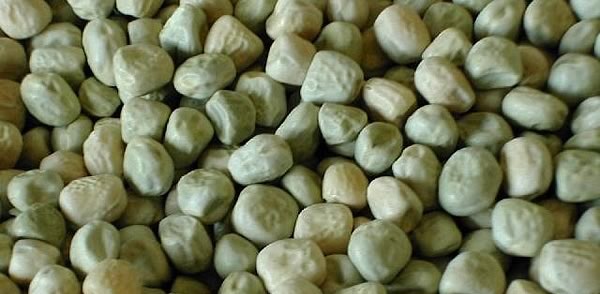
2015 saw the biggest area of pulses grown in the UK for many years; pea hectarages increased by 35% from 31kha in 2014 to 42kha in 2015, and the bean area rose by 59%, from 103kha in 2014 to 165kha in 2015.
According to the PGRO, the market is getting used to the fact that there has been an increase in supply; trade is adjusting accordingly, and optimism remains for 2016. BEPA has emphasised that prices, market and political issues highlight the need for growers to focus on maximising yield and quality and retaining the quality in storage.
However, it must be remembered that pulse crop areas have been recovering from a historic low, are still behind the areas sown 5 years ago and are considerably behind that of 15 years ago, says Milika Buurman, senior pulse breeder at Limagrain UK.
“2016 has been declared the International Year of Pulses (IYP) by the 68th United Nations General Assembly, and we are seeing increasing interest in beans for fish and pig feeds. Breweries are looking at pulses for beer production, and there is a growing interest in pulses as a gluten free food for coeliacs.”
“On farm, many growers are including pulses in their rotation either to meet the 5% EFA requirement in CAP greening, or for dealing with blackgrass infestations and with a 15% drop in winter oilseed rape plantings this autumn, pulses offer an obvious alternative.”
“As breeders, we are committed to pulses and are unique in our significant investment in the breeding of varieties of peas and beans to suit different farm situations and markets.”
The spring bean Fuego launched in 2005 offered growers a bean with a significant yield advantage; at its peak, the variety took 90% of the market and 10 years after its introduction, Fuego remains a popular variety.
“Unquestionably, this is due to the variety’s ability to yield season upon season. Even in the difficult pulse harvest of 2012, Fuego only dropped 3% from its top yield. In fact, Fuego’s relative yield trend has been positive for the last 5 years,” she explains.
“Based on this excellent consistency of performance and with its pale skin and hilum, Fuego is a favourite with buyers in the Middle East.”
The UK’s most popular pea Prophet was launched in 2007 at the top of the RL for yield. “Nine years later the variety is still a firm favourite, with 28.7% of the white flowered pea market share, maintaining its leading yield position on the Recommended List.”
“Its popularity is due to its bold sample with good colour retention, which has been the backbone of domestic canning and micronizing markets for many years now.”
The overwhelming success of these varieties is underpinned by an extensive network of trialling showing that the variation in yield for these varieties is less than average – certainly bucking the trend for a variety to drop in performance over time.
